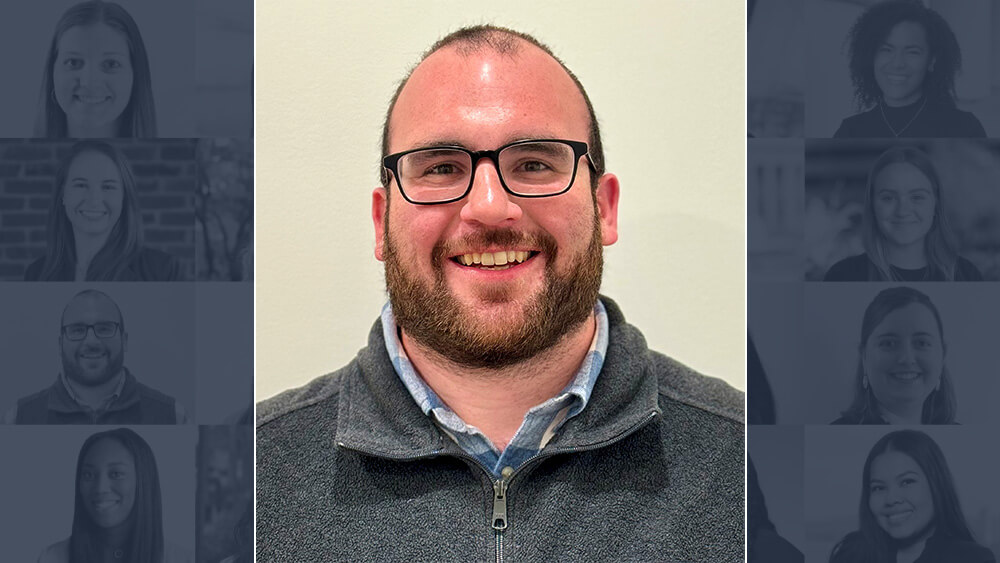This year, PCMA’s 20 in Their Twenties program honors exceptional young leaders in the business events industry. Class of 2024 member Matthew Johnson, CMP, Manager of Event Planning at Medscape, reflects on why he chose the events industry as his career and shares the advice he uses every day.
What made you choose the events industry as a career?
I was first introduced to the events industry at Berry College during my work in the student activities office working both on the back-of-house side of events as well as in a planner capacity for some events, like our campus’s largest event, Marthapalooza, alongside Cecily Crow, who mentored me throughout my time in undergraduate school and first exposed me to this line of work as a career. I found I enjoyed not just the logistical and organizational aspects of event planning, but the collaboration, innovation, and problem solving that went into it. From there Crystal Green, my career-long mentor, took a chance and hired me onto her event marketing team. Crystal invested profoundly in me, fine-tuning my approach to event execution, strategy, and leadership.
What’s the best piece of career advice you’ve gotten — from someone within or outside the events industry?
Mentors have instilled in me the importance of leading with authenticity. When we approach our teams as our authentic selves, we build deeper, more meaningful relationships, feel more fulfilled in our work, understand each other better, and ultimately deliver a stronger product. In the events industry we spend a great deal of time with our teams at our desks and traveling on-site for events. When we don’t lead with our authentic selves, while inviting our teams to bring their full selves to work, we create an environment more susceptible to burnout and dissatisfaction. I’ve had the opportunity to be part of a culture of authenticity on several teams, which has been meaningful in my journey and has become something I strive to bring to my team each day.
What role do you think digital events have to play in the industry?
Accessibility has always been a key factor to event planning, and as we were propelled deeper into understanding the power of digital events, we better understood the reach our events can have. Perhaps not every event requires a digital component, however, when contemplating the strategic vision behind the event, it is essential to consider if those goals are still met if segments of the audience cannot participate in person.
In planning a large educational meeting, reach is key — so it’s worth considering a digital model. It may not be as big of a consideration when you are planning an incentive trip. The challenge I am seeing now in hybrid models as we return face-to-face events is balancing the strategic goals of the meeting with financial goals and workforce issues. Including digital components at events adds budgetary and workload concerns that need to be balanced with pricing structures and workflow processes. In addition, we’re still evaluating changing attendee preferences and appetite, which continues to evolve as we distance ourselves further from the pandemic.
I foresee more shifts as we better determine the most effective way to produce and deliver each event — but the digital event side is here to stay.
Members of PCMA’s 20 in Their Twenties class of 2024, supported by PCMA Foundation and Experience Columbus, were recognized at PCMA Convening Leaders 2024, Jan. 7-10 in San Diego, California.

